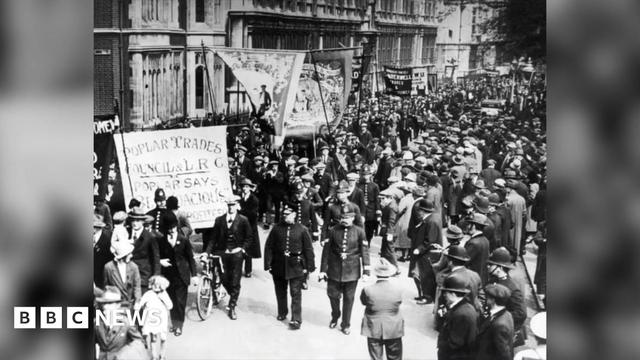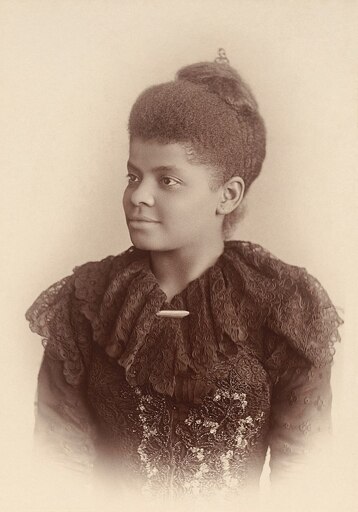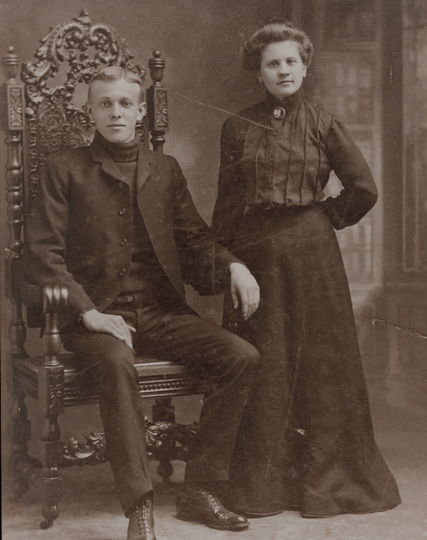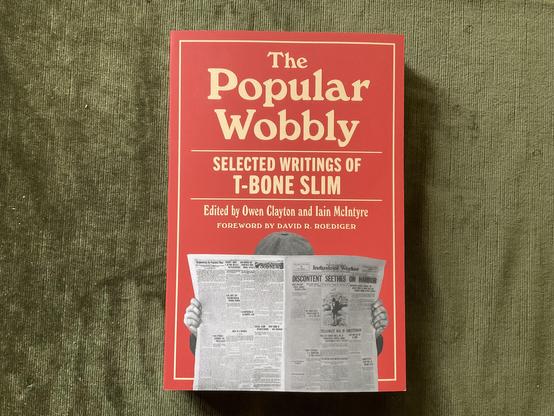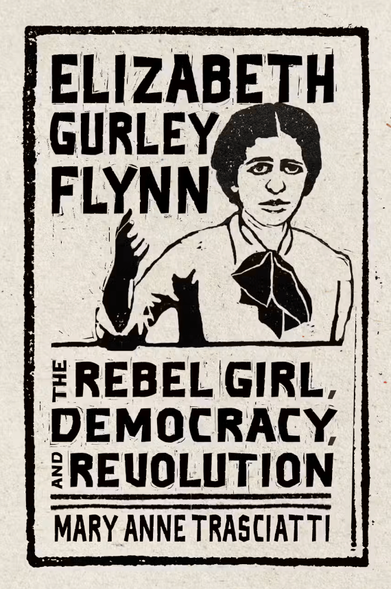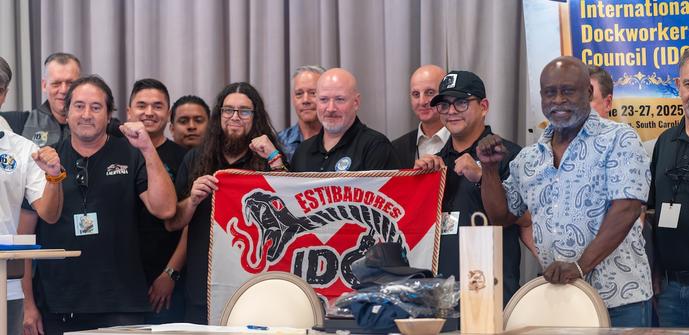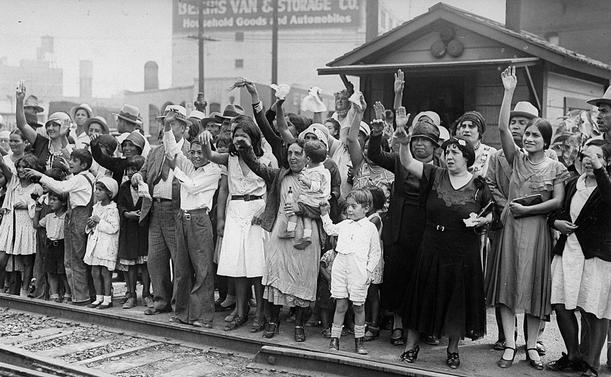A former pit village is marking the 100th anniversary of a #miners' lockout.
Pit bosses closed #ChopwellColliery in #Gateshead after employees refused to accept less pay & worse conditions, with the dispute lasting 17 months.
Support for the miners came from around the world, including Russia, which led to the village being nicknamed "Little Moscow"
The centenary is being celebrated by community events, including a podcast and and digital film made by local young people.
